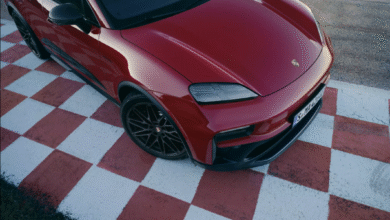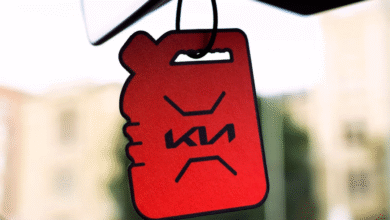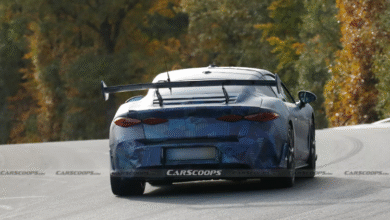Mercedes Offers $9,500 Incentives on G580 EQ to Boost Demand Amid Slow Sales
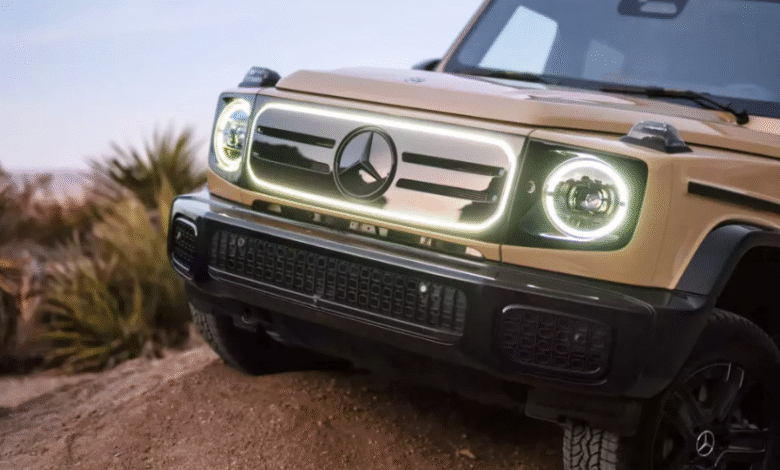
The Mercedes-Benz G-Class—better known as the G-Wagon—has always been a dream SUV for enthusiasts with deep pockets. But with the arrival of the all-electric Mercedes G580 with EQ Technology, demand hasn’t quite matched expectations. Despite its futuristic appeal and capability to perform flashy tricks like a tank turn, customers have been hesitant, forcing Mercedes to roll out substantial incentives to spark sales.
A new dealer bulletin reveals that Mercedes is offering up to $9,500 in incentives for buyers in August 2025. This is an increase from the $7,500 incentive offered the previous month. The strategy is clearly designed to move inventory before key EV tax credit changes take effect in September.
Interestingly, while the G580 EQ doesn’t qualify for federal EV rebates when purchased outright (due to its high price tag and foreign origin), leasing the vehicle removes those obstacles. This means lessees can benefit directly from the automaker’s incentive program, significantly lowering costs.
Price Gap and Competitive Challenges
The G580 EQ starts at a hefty $162,650, making it $13,000 more expensive than the gas-powered G550, which many traditionalists still prefer. Unfortunately, neither the G550 nor the flagship AMG G63 ($187,250) qualify for similar incentives, limiting the offer exclusively to the electric variant.
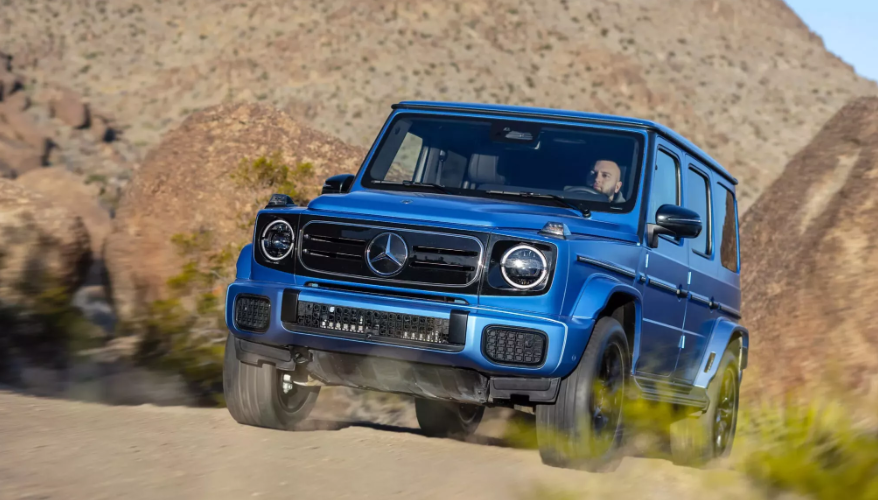
Mercedes hopes that the combination of dealer incentives and leasing perks will help reposition the G580 EQ as an attractive option for wealthy buyers who might otherwise hesitate.
Performance vs Drawbacks
On paper, the Mercedes G580 EQ delivers serious performance: 579 horsepower (588 PS / 432 kW) powered by a 116 kWh battery pack. But the reality is more complicated. Its massive 6,800 lbs (3,085 kg) weight and boxy aerodynamics result in an EPA-estimated 239 miles (385 km) of range—a figure that pales in comparison to rivals like the Tesla Model X or Rivian R1S.
However, reports suggest a new battery arriving in 2026 could extend that range by at least 100 miles (160 km), potentially transforming the G580 EQ into a more competitive luxury EV.
Leasing Breakdown
For those not willing to wait, leasing remains the best route. According to CarsDirect, customers can secure a 36-month, 36,000-mile lease for $1,869 per month, with $14,613 due at signing. Factoring in upfront costs, this works out to a real monthly cost of $2,275—still pricey, but far more accessible than purchasing outright.
In short, the G580 EQ may not yet be the perfect electric SUV, but with nearly five-figure discounts and the prestige of driving a fully electric G-Wagon, now might be the best time to get behind the wheel.


